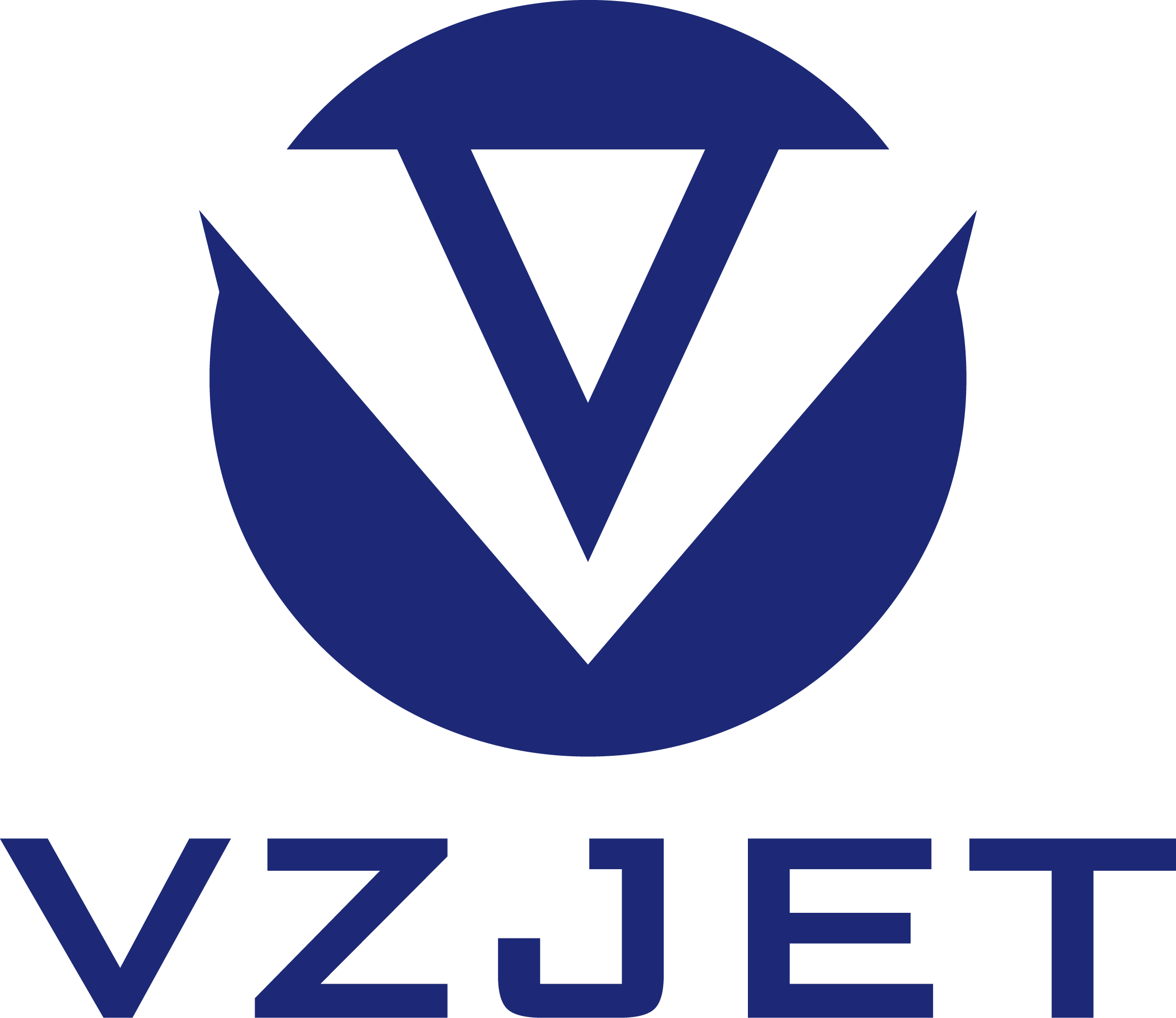Information
The Comprehensive Guide to Industrial Inkjet Printers: Unlocking Efficiency in Printing
28 Sep,2025
Industrial inkjet printers have emerged as a vital solution within the consumer electronics industry, particularly in the printing segment. They are designed to meet the rigorous demands of high-volume production environments while delivering outstanding print quality. Unlike traditional printing methods, industrial inkjet technology utilizes a non-contact printing process, allowing for precise application of ink on a variety of substrates without the risk of smudging or distortion.
One of the prominent advantages of industrial inkjet printers is their versatility. They can handle a wide range of materials, from paper to plastics and even textiles, making them suitable for diverse applications such as packaging, labeling, and signage. This flexibility enables manufacturers to adapt to varying production needs while maintaining high standards of quality.
Moreover, industrial inkjet printers are equipped with advanced technologies that ensure consistent and reliable performance. Features such as automatic nozzle cleaning and precise ink droplet control help minimize downtime and ensure optimal print quality. This level of automation is crucial for businesses looking to enhance operational efficiency and reduce labor costs associated with manual interventions.
Another significant aspect of industrial inkjet printers is their capacity for customization. Many models offer the ability to print variable data, such as barcodes, QR codes, and serial numbers, directly onto products or packaging. This capability is invaluable for companies seeking to personalize their offerings or track inventory more effectively.
Additionally, the environmental impact of printing processes is an increasingly important consideration for many businesses. Industrial inkjet printers often utilize water-based inks, which are more environmentally friendly than solvent-based alternatives. This shift not only aligns with sustainability goals but also helps companies comply with strict environmental regulations.
The integration of industrial inkjet printers into production lines can also lead to significant cost savings in the long run. By streamlining workflows and reducing the need for separate labeling or marking processes, businesses can improve their overall efficiency and reduce material waste.
In summary, industrial inkjet printers represent a significant advancement in printing technology, offering unparalleled versatility, efficiency, and quality. Their ability to adapt to various substrates and applications makes them an essential tool for companies in the consumer electronics sector. As the demand for high-quality, customizable printing continues to grow, investing in industrial inkjet technology can provide businesses with a competitive edge in an increasingly fast-paced market.
One of the prominent advantages of industrial inkjet printers is their versatility. They can handle a wide range of materials, from paper to plastics and even textiles, making them suitable for diverse applications such as packaging, labeling, and signage. This flexibility enables manufacturers to adapt to varying production needs while maintaining high standards of quality.
Moreover, industrial inkjet printers are equipped with advanced technologies that ensure consistent and reliable performance. Features such as automatic nozzle cleaning and precise ink droplet control help minimize downtime and ensure optimal print quality. This level of automation is crucial for businesses looking to enhance operational efficiency and reduce labor costs associated with manual interventions.
Another significant aspect of industrial inkjet printers is their capacity for customization. Many models offer the ability to print variable data, such as barcodes, QR codes, and serial numbers, directly onto products or packaging. This capability is invaluable for companies seeking to personalize their offerings or track inventory more effectively.
Additionally, the environmental impact of printing processes is an increasingly important consideration for many businesses. Industrial inkjet printers often utilize water-based inks, which are more environmentally friendly than solvent-based alternatives. This shift not only aligns with sustainability goals but also helps companies comply with strict environmental regulations.
The integration of industrial inkjet printers into production lines can also lead to significant cost savings in the long run. By streamlining workflows and reducing the need for separate labeling or marking processes, businesses can improve their overall efficiency and reduce material waste.
In summary, industrial inkjet printers represent a significant advancement in printing technology, offering unparalleled versatility, efficiency, and quality. Their ability to adapt to various substrates and applications makes them an essential tool for companies in the consumer electronics sector. As the demand for high-quality, customizable printing continues to grow, investing in industrial inkjet technology can provide businesses with a competitive edge in an increasingly fast-paced market.
28 Sep,2025
Classification:
Information
Latest Contents







